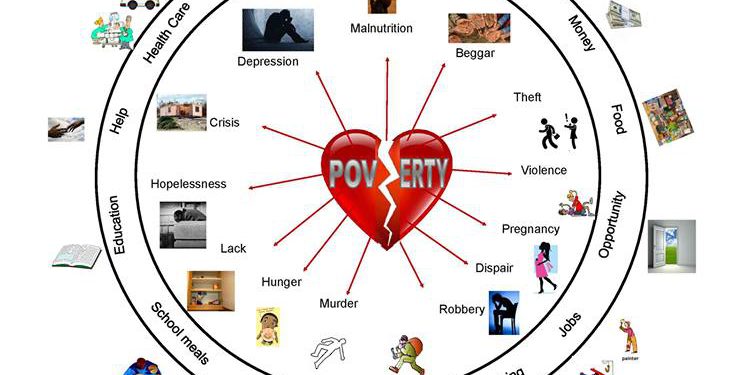BASSETERRE, St. Kitts, November 30, 2017 (Press Unit in the Office of the Prime Minister) – The Government of St. Kitts and Nevis today, Wednesday, November 30, 2017, launched an enhanced Country Poverty Assessment Project that seeks to determine the extent, severity and causes of poverty in the Federation, with the aim of developing the necessary policies and programmes that will redound to the improvement of the overall quality of life.
The project, which was launched during a ceremony at the St. Kitts Marriott Resort, is being carried out in collaboration with the Caribbean Development Bank (CDB), the Organization of Eastern Caribbean States (OECS), the United Nations Development Programme (UNDP), and the World Bank.
Permanent Secretary in the Ministry of Sustainable Development, Ms. Beverly Harris, noted that this is the third Country Poverty Assessment that will be carried out in the Federation of St. Kitts and Nevis, with the last one coming in 2007-08.
“The findings of the 2007-08 study revealed a National Poverty Rate of 21.8 percent of individuals across St. Kitts and Nevis. The Headcount Index for St. Kitts was 23.7 percent whereas the indigent level was 1.4 percent – that is those below the poverty line. The Headcount in Nevis on the other hand was 15.9 percent, with a very low indigent level of 0.4 percent. The comparative data for the two assessments revealed that the poverty rate for St. Kitts moved from 30.5 percent in 2000 to 23.7 percent in 2007-08. The National Poverty Rate stood at 21.8 percent; the indigent rate moved 11 percent, slightly more than 1 in 10 individuals, to a mere 1.4 percent in 2007-08,” Ms. Harris revealed.
Social Analyst at the Caribbean Development Bank, Ms. Ann-Marie Chandler stated that poverty remains one of the main impediments to development in the region. The CDB official said data collected through this project are critically important for the making of evidence-based policy decisions in the Federation.
Ms. Chandler said, “For developed approaches to be relevant to sustain achievements in poverty reduction and to be responsive to the emerging needs of sustainable development, planners, policymakers and development partners must have access to timely, accurate and reliable data. That being said, the bank is very pleased to partner with the Government of St. Kitts and Nevis and the Organization of Eastern Caribbean States to support the country in taking its third Country Poverty Assessment.”
St. Kitts and Nevis’ Prime Minister, Dr. the Honourable Timothy Harris, who is also the Minister responsible for Sustainable Development, made it clear that poverty reduction will remain at the centre of his Team Unity Administration’s policy framework.
While noting the progress made in reducing the poverty rate between 2000 and 2007-08, Prime Minister Harris stated that ongoing changes in the socio-economic situation in St. Kitts and Nevis have made it imperative to conduct a new study of living conditions.
“Since the conclusion of the last Country Poverty Assessment, St. Kitts and Nevis has undertaken a number of structural changes in the economy and social interventions targeted at the most vulnerable groups identified at the time in order to build resilience across all spheres. During this period, the Federation has been impacted by the global financial crisis of 2008, therefore, the time is about right to undertake a new study given that the measurement and characterization of the living conditions of the citizens in any country are critical components for assessing progress and designing policies for improvement,” the prime minister said.
The Country Poverty Assessment consists of four core elements: an assessment of the macro-economic, social and economic environment; an institutional analysis; a national survey of living conditions and household budgets, and a participatory poverty assessment.









